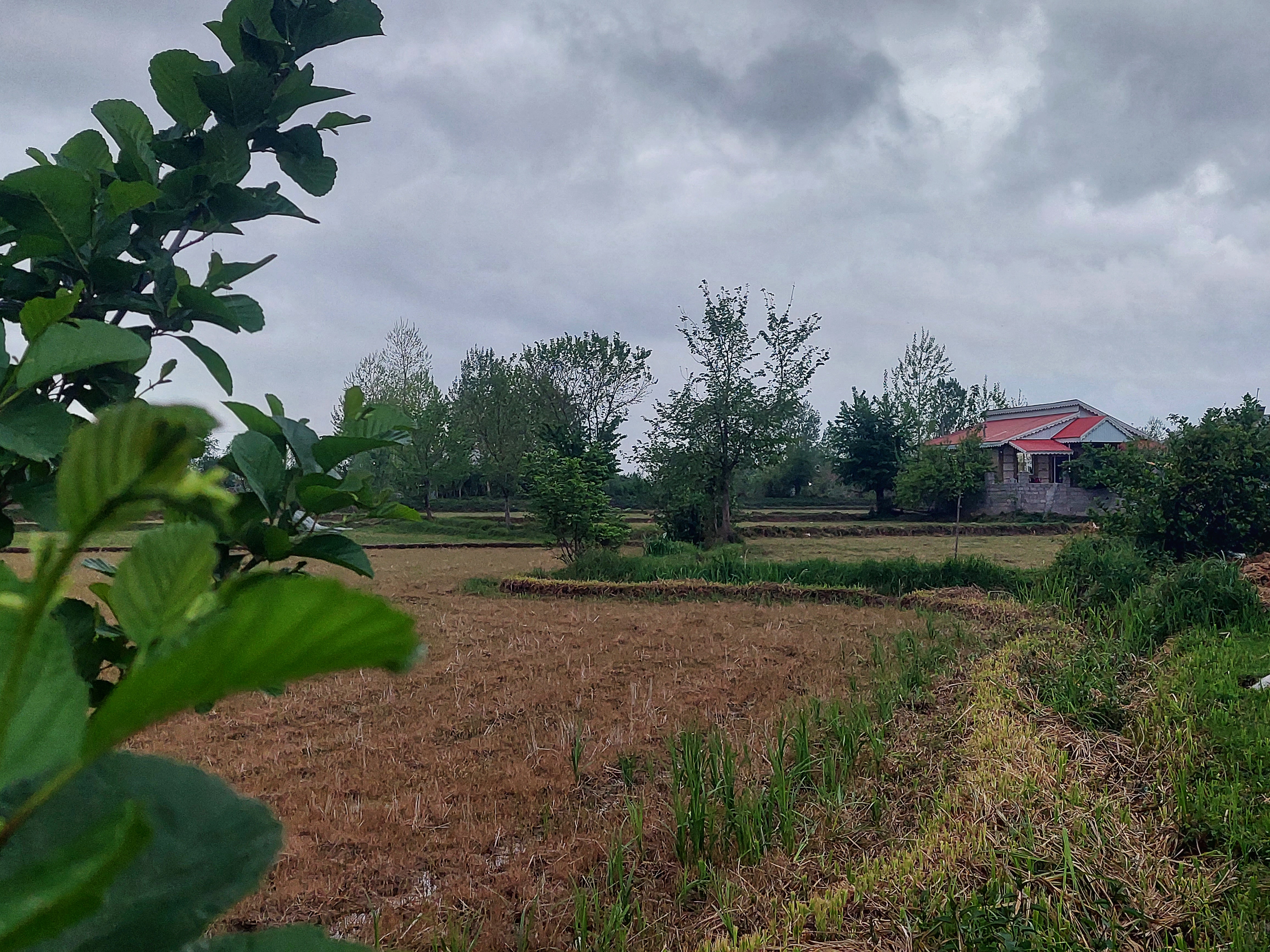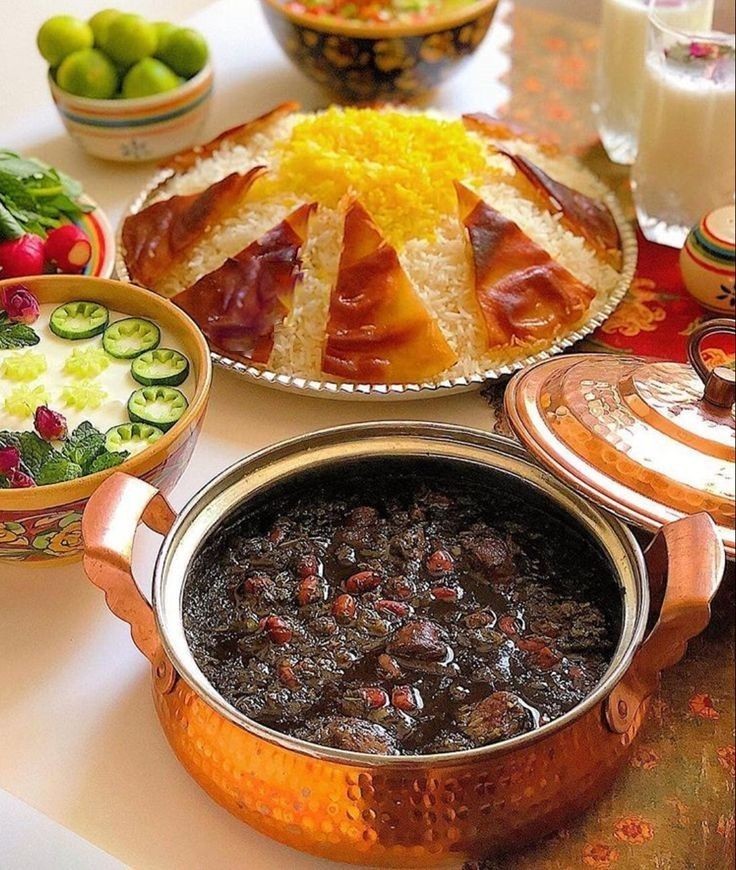Categories
The latest content
-

Comprehensive Guide to the CIF Price and Market Trends of Iranian Super Negin Saffron in Germany (2025)
..
-

From Seed to Sip; The Journey of Iranian Tea in Lahijan
..
-

The History of Rice Farming in Gilan: From Ancient Traditions to Modern Times
..
-

Unlocking the Market Potential of Iranian Hashemi Rice in Qatar; An In-depth Look at Market Trends, Wholesale Pricing, and Consumer Preferences
..

Tags
Unlocking the Market Potential of Iranian Hashemi Rice in Qatar; An In-depth Look at Market Trends, Wholesale Pricing, and Consumer Preferences

As global consumers increasingly seek high-quality, aromatic rice with a traditional touch, Iranian Hashemi rice has emerged as one of the most distinguished varieties in the premium rice segment. With its delicate fragrance, slender long grains, and soft texture, Hashemi rice offers a culinary experience unmatched by mass-produced alternatives. Among the many international markets embracing this heritage product, Qatar stands out as a fast-growing destination for Iranian rice exporters.
This article explores the current market dynamics, trends, consumer behavior, and wholesale pricing of Iranian Hashemi rice in Qatar — one of the Middle East’s most affluent and import-reliant nations.
Understanding the Qatari Market Landscape
1. Heavy Reliance on Food Imports
Qatar imports over 90% of its food needs due to limited arable land and harsh climatic conditions. With a steadily growing population, an increasing number of high-end restaurants, and rising living standards, Qatar's food sector is actively seeking premium, traceable, and authentic products — especially in the rice category.
2. Culturally Rooted Rice Consumption
Rice is a staple of daily meals in Qatari households and is central to traditional dishes like Machboos and Kabsa. These dishes rely on high-quality, fragrant rice that holds its shape and texture after cooking — characteristics in which Iranian Hashemi rice excels.
What Sets Hashemi Rice Apart?
• Aroma: Naturally fragrant due to traditional sun-drying methods.
• Grain Length: Long, slender grains that elongate without breaking.
• Texture: Light, fluffy, and non-sticky when cooked.
• Traditional Cultivation: Grown primarily in the Gilan and Mazandaran provinces of Iran, using less-intensive, pesticide-light farming.
These features make it a strong alternative to basmati rice for premium food service providers and health-conscious households in Qatar.
Consumer Preferences in Qatar
• Health & Quality Focus: Consumers in Qatar — particularly the upper-middle class — are shifting toward non-GMO, pesticide-free, and traceable rice.
• Culinary Excellence: Hashemi rice is gaining favor among chefs in high-end restaurants, who value its consistency and unique fragrance.
• Diaspora Demand: Expatriates from Iran, Afghanistan, and South Asia often prefer the taste and cooking qualities of Hashemi rice over Indian or Pakistani alternatives.
Wholesale Price of Iranian Hashemi Rice in Qatar (CIF Doha)
Rice Type: Iranian Hashemi Rice(Grade A, New Crop)
Packaging Options: 10 kg, 25 kg, 50 kg PP Bags (Private Label Available)
Moisture Content: Below 13%
Broken Grains: Less than 5%
Aroma & Purity: Natural Aroma, Purity more than 95%
MOQ: 10 MT
Wholesale Price: 2600$ - 3000$/MT
Payment Terms: TT/ Partial Advance
Delivery Time: 10-15 Working Days depending on port availability
Note: Prices may vary based on exchange rates, season, and freight conditions.
Distribution Channels in Qatar
1. Ethnic & Premium Supermarkets:
o Lulu Hypermarket
o Carrefour Qatar
o Family Food Centre
o Mega Mart
2. Online Specialty Retailers:
o Snoonu
o Talabat Mart
o Carrefour Online
3. HORECA Sector:
o Five-star hotels
o Fine dining Persian, Qatari & Middle Eastern restaurants
o Boutique catering companies
4. Importers & Distributors:
o FMCG distributors focused on ethnic food
o Importers dealing with Iranian and organic food products
Market Trends Driving Growth
• Premiumization of Food Choices: Qatari consumers are willing to pay more for quality and authenticity.
• Culinary Tourism & Hospitality Growth: Hotels and restaurants are increasing their focus on ethnic and gourmet dishes.
• Halal & Clean Labeling: Halal-certified and pesticide-free claims can boost the perceived value of Hashemi rice.
• Digital Buying Trends: Online grocery shopping continues to rise, offering new channels for brand placement and visibility.
Challenges & Opportunities
Challenges:
• Price sensitivity in bulk procurement
• Competition from lower-cost Indian and Pakistani rice
• Need for aggressive branding and differentiation
Opportunities:
• Storytelling and branding based on heritage and authenticity
• Collaborations with chefs and restaurants for menu inclusion
• Private labeling for local Qatari brands
• Long-term contracts with hotels and food distributors
Conclusion: Why Export Hashemi Rice to Qatar?
With its rising demand for premium, aromatic, and naturally cultivated rice, Qatar represents a lucrative opportunity for Iranian Hashemi rice exporters. Strategic partnerships, quality assurance, attractive packaging, and reliable logistics will allow exporters to build a lasting presence in this growing market.
If you are a wholesaler, distributor, or food service provider in Qatar looking for reliable Iranian rice suppliers, we offer customized export solutions, direct from Iran’s top rice-producing regions.
Contact Us Today
For sample requests, price quotations, and export inquiries regarding Hashemi rice, feel free to reach out. Let’s bring the aroma of Iran to Qatar’s tables — one grain at a time.



